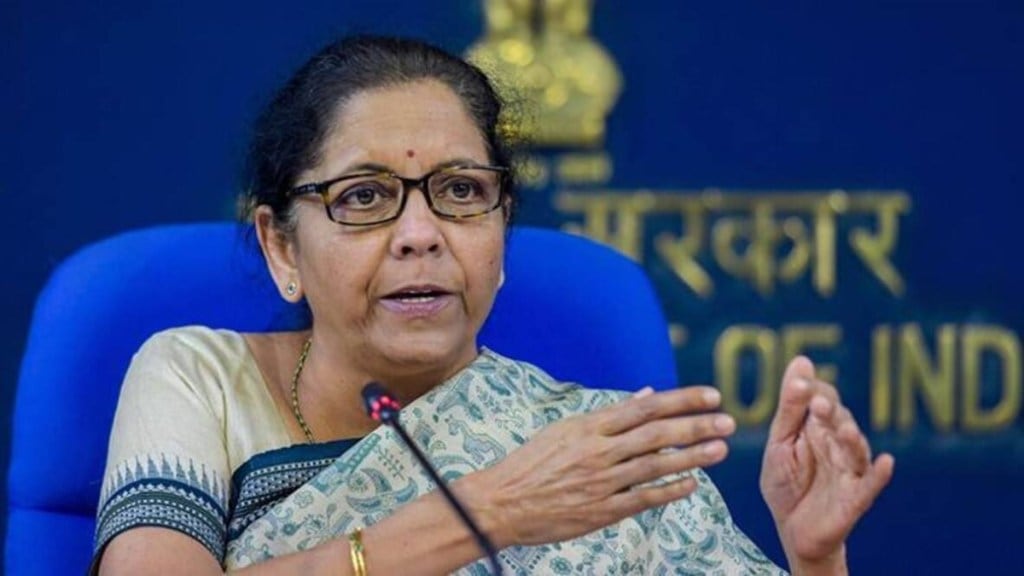The Reserve Bank of India (RBI) will take necessary steps to manage inflation within ‘expected limits’ while the government will also continue to take steps to rein prices, Finance Minister Nirmala Sitharaman said on Monday.
“In emerging markets, the situation is unique to each of the countries. In that I think, RBI is watching the Indian economy and taking a call as and when it is required,” Sitharaman said speaking at a post-budget industry event in Jaipur.
Later speaking to the media, Sitharaman said that the government is taking a lot of steps to control inflation and “will continue to focus on it”.
CPI-based retail inflation shot up to a 3-month high of 6.5% in January on the back of rising food inflation and sticky core inflation. Food inflation increased 6.2% y-o-y in January compared to 4.2% a month ago, despite the continued contraction in vegetable prices. Cereal inflation rose for the fifth straight month by rising 16% on year in January, reporting its biggest jump since June 2013.
Speaking at the event, chief economic advisor V Anantha Nageswaran said the stated increase in the grains prices is not exactly what all consumers bear as 800 million people have been insulated due to the Centre’s free grains scheme. “To that extent, the stated inflation rate overstates the underlying inflation rate,” he said.
On February 11, the RBI governor said the central bank’s inflation projection of 5.3% for FY24 was evenly balanced.
RBI increased its policy interest rate by 25bps to 6.5% on February 8, taking the cumulative rate hike to 250bps since May 2022 to stem inflationary pressure.
Retail inflation had come down below the upper tolerance band (6%) of the Reserve Bank of India in December due to various measures taken by the government and the central bank. CPI inflation had come down from a high of 7.8% in April 2022 to 5.72% in December.
“The increase in the inflation rate in January compared to December was due to the base effect coming from the southern outburst of the heat wave in March last year when the stocks got depleted. Therefore, we see this as a temporary phenomenon,” Nageswaran said.
“Secondly, we have seen that inflation passthrough coming from imported prices, whether it is metals, minerals, crude oil or edible oil…we don’t see a second round effect coming from those wholesale prices also whether it is crude oil or edible oil or pulses,” the CEA said. Inflation rate coming down gradually towards the 5% level by the second half of the next financial year remains the most likely prospect for inflation, he said.
Too cool prices, Sitharaman said the government was encouraging farmers to grow pulses to boost domestic production and has also reduced the import duty on some of the pulses and edible oils to improve local availability.


